
Fostering Curiosity Through Science and Philosophy: Test Experiments with Wonder
A
child’s wide-eyed gasp at a fizzing test tube, bubbling with vibrant colors, is pure magic. These hands-on moments—of dropping, mixing, watching—ignite a spirit of inquiry. They teach children to embrace uncertainty, to follow their questions, and to find joy in discovering how the world works. In Renaissance times, alchemists huddled over candlelit experiments, chasing hidden truths. That same hunger can thrive at your kitchen counter, where your child tests, fails, adjusts, and lights up with awe.
My daughter once puzzled over why some objects float while others sink. I didn’t answer. I asked, “What do you think?” and set out a bowl of water with odds and ends—spoons, leaves, paper clips. She sorted and splashed and eventually said, “It’s how heavy they feel—but also the shape!” That realization, born of direct exploration, stayed with her longer than any textbook line. It taught her that her mind—not mine—was the most important tool in the room.
Capture these moments when they come: a sparkle of curiosity, a question asked mid-bite, a fascination with how light reflects. Plan a weekly “wonder experiment”—simple, repeatable, and rooted in your child’s own ideas. Ask them to guess before testing, then reflect afterward. Keep a notebook of their discoveries, however small. These moments build not just scientific thinking but resilience and joy in figuring things out. They learn that failure isn’t an endpoint—it’s part of the thrill.
Fostering Curiosity Through Science and Philosophy
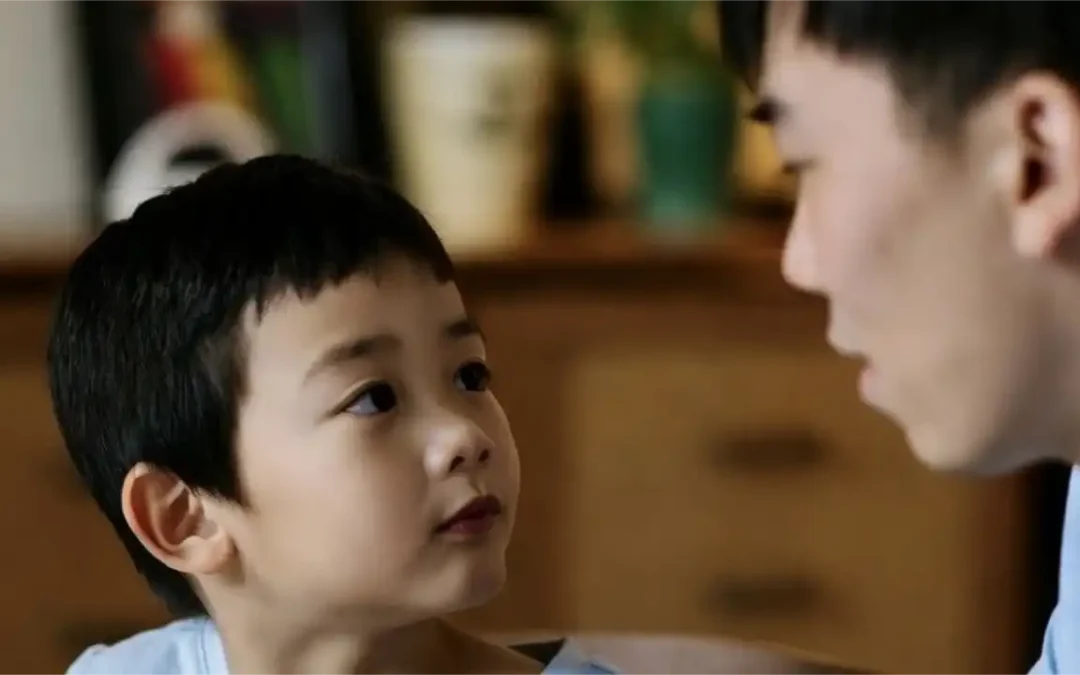
Fostering Curiosity Through Science and Philosophy: Introduce Philosophical Questions
Philosophical questions encourage deep thinking and reflection. Learn how to invite children to explore big ideas with openness and curiosity.
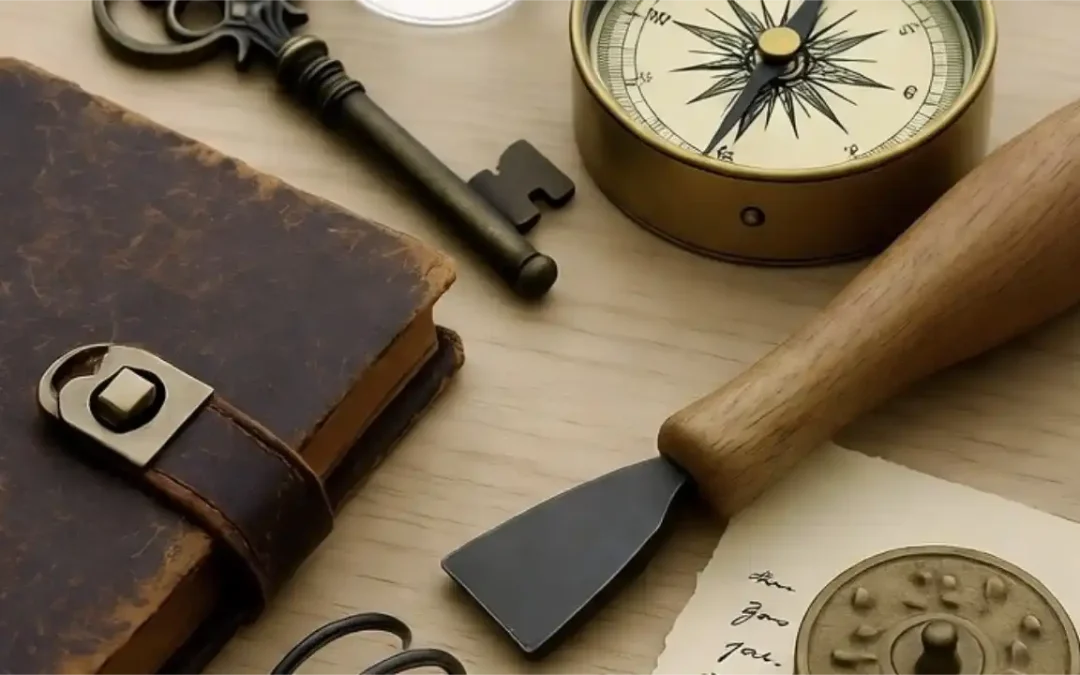
Fostering Curiosity Through Science and Philosophy: Explore Scientific Discoveries Across Eras
Show children how science grows over time through discovery and curiosity. Explore old ideas to deepen understanding and inspire future questioning.
Table of contents

Primordial Soup for the Mind: Navigation
Navigate the book Primordial Soup for the Mind.
TIPS
- Use everyday items for tests.
- Ask “What do you predict?” to spark guesses.
- Celebrate discoveries to inspire.
ACTIVITIES
- Experiment Play: Try a test and ask, “What did you observe?” Discuss for 15 minutes.
- Guess Game: Before a test, ask, “What’s your prediction?” Talk for 10 minutes.
EXAMPLE
My son’s color-mixing experiment fueled his science passion.

Download “Primordial Soup for the Mind: A Parent’s Guide to Nurturing Intellectual Growth”
Enter your information to get this article and hundreds more as part of the FREE book Primordial Soup for the Mind.

Sharpen those skills!
Enter your information to get our FREE practice exercises so you can hone your critical thinking and reasoning skills!




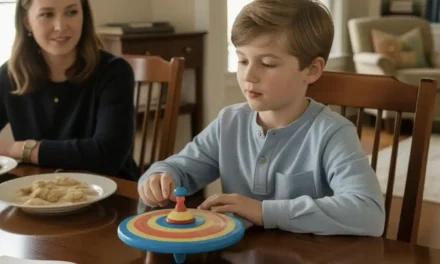
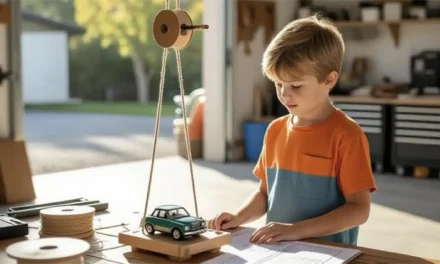
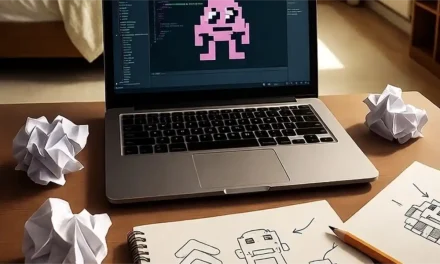
0 Comments